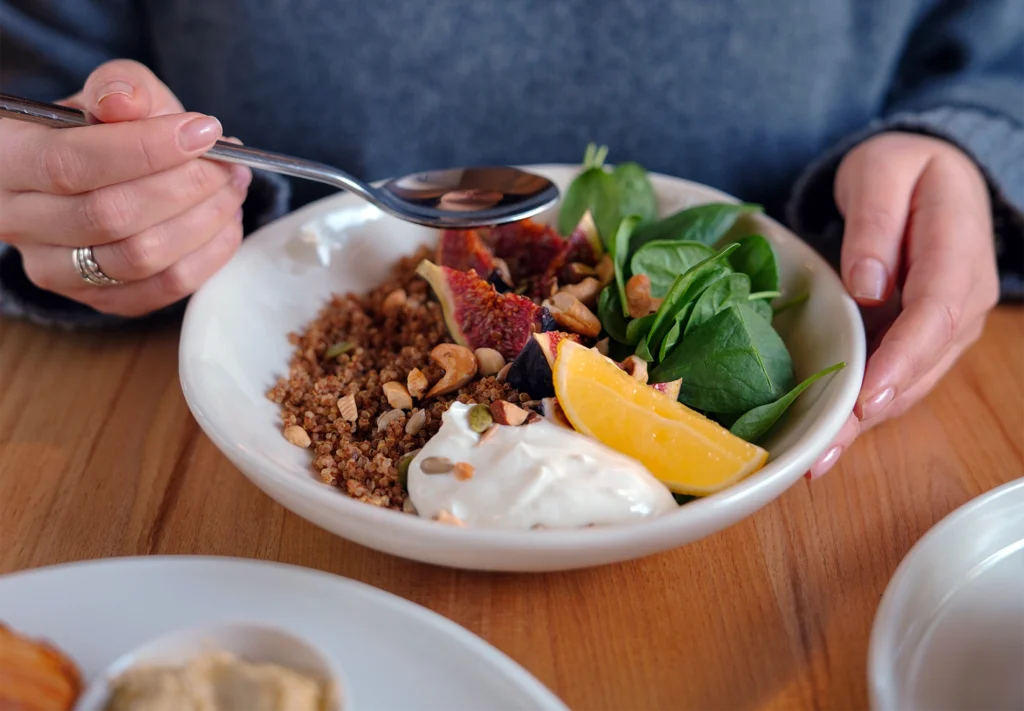Stomach This: Our Gut’s Influence on Mental Health
By
Danny Zhu

For the 1 in 4 Americans who are suffering from mental disorders, it’s not just the brain that is depressed. Within the gut, a once stable, thriving community with trillions of inhabitants will soon witness its destruction, plunging the body into further disarray.
The gut is a great empathizer of emotions, with a massive, interconnected neuron network and microbiome that both responds to and influences our well-being. By learning more about how even tiny bacteria work together to help us stay happy, it opens up a whole new world of hope and appreciation for our beautiful bodies.
You Are What You Eat
If the gut microbiome could speak, it would be chanting “We will rebuild” 24/7. The system’s stability is often vulnerable to inflammation and harmful bacterial invasion that contributes to increased depression, making it necessary to replenish lost bacteria through diets.
Eating probiotics with live microorganisms can ensure that new, healthy bacteria are constantly regulating the gut. While there is a dizzying number of probiotics available on the market from yogurt to pills, let’s start with the main character found in most of these supplements — Lactobacillus.
Though simple-looking, Lactobacillus is a guardian of the intestine lining, drowns invading pathogens in acid, and promotes communication with the brain. A lack of Lactobacillus decreases resistance to anxiety by affecting the level of cytokines. Furthermore, a 2016 Japanese study found that drinking Yakult milk with Lactobacillus significantly decreased the expression of stress genes within medical students. Maintaining healthy levels of Lactobacillus by eating yogurt or fermented vegetables can be a great start to building a robust microbiome.
Microbes also crave soul food — a combination of fiber that helps them grow and improves their immunity. Because the fiber from many prebiotics such as legumes and fruits doesn’t get digested, it passes directly to the intestines for the bacteria to ferment.
If receiving daily sources of prebiotics from fruits and vegetables gets boring, it’s also easy to get creative by making recipes from other countries! A 2022 study found that rats who were fed traditional barley porridge from Saudi Arabia were able to cope better with chronic stress, with significantly lower amounts of serotonin and dopamine excreted.
The next time you eat, save some pro and prebiotics for the microbe friends inside you.
